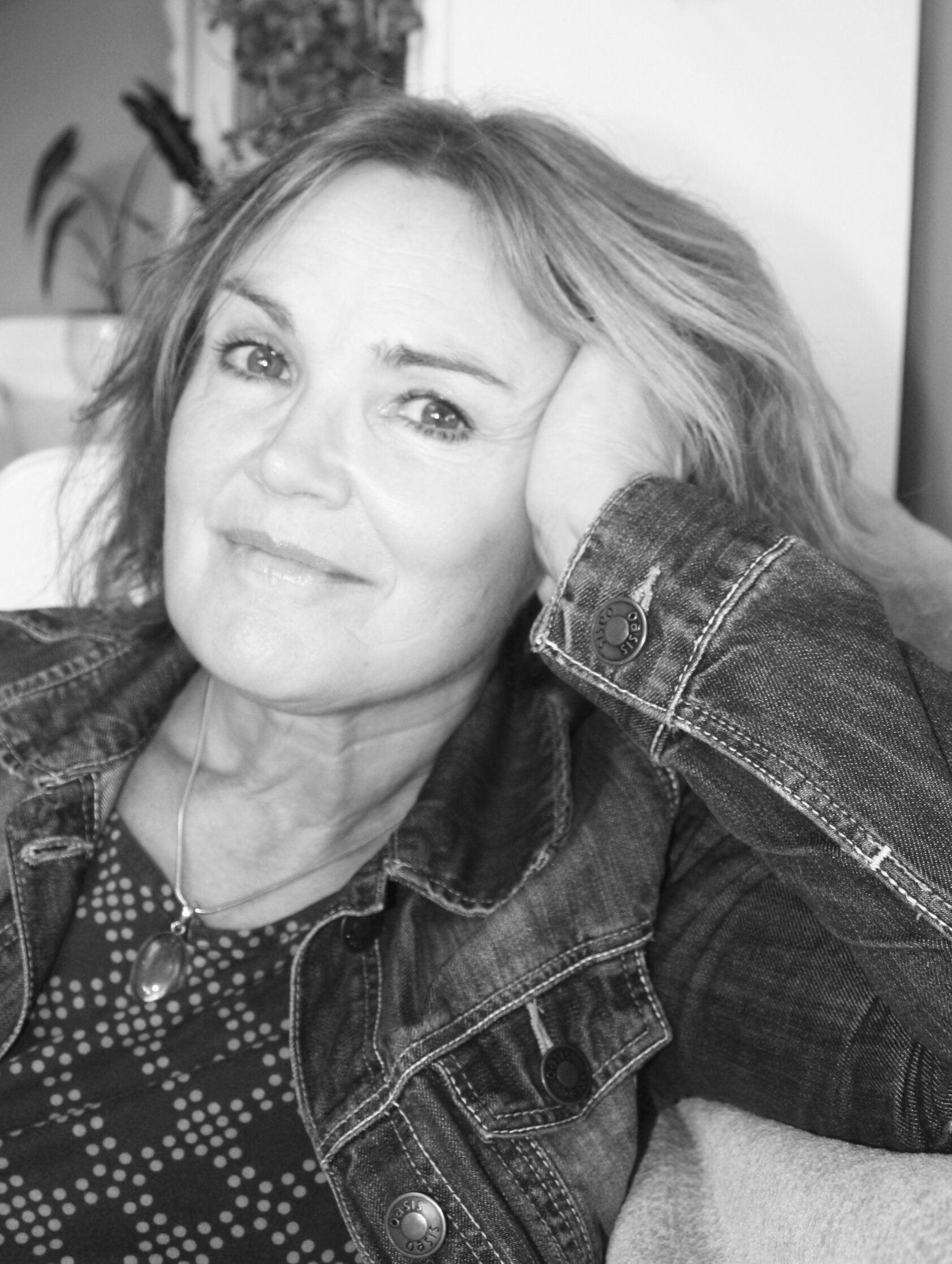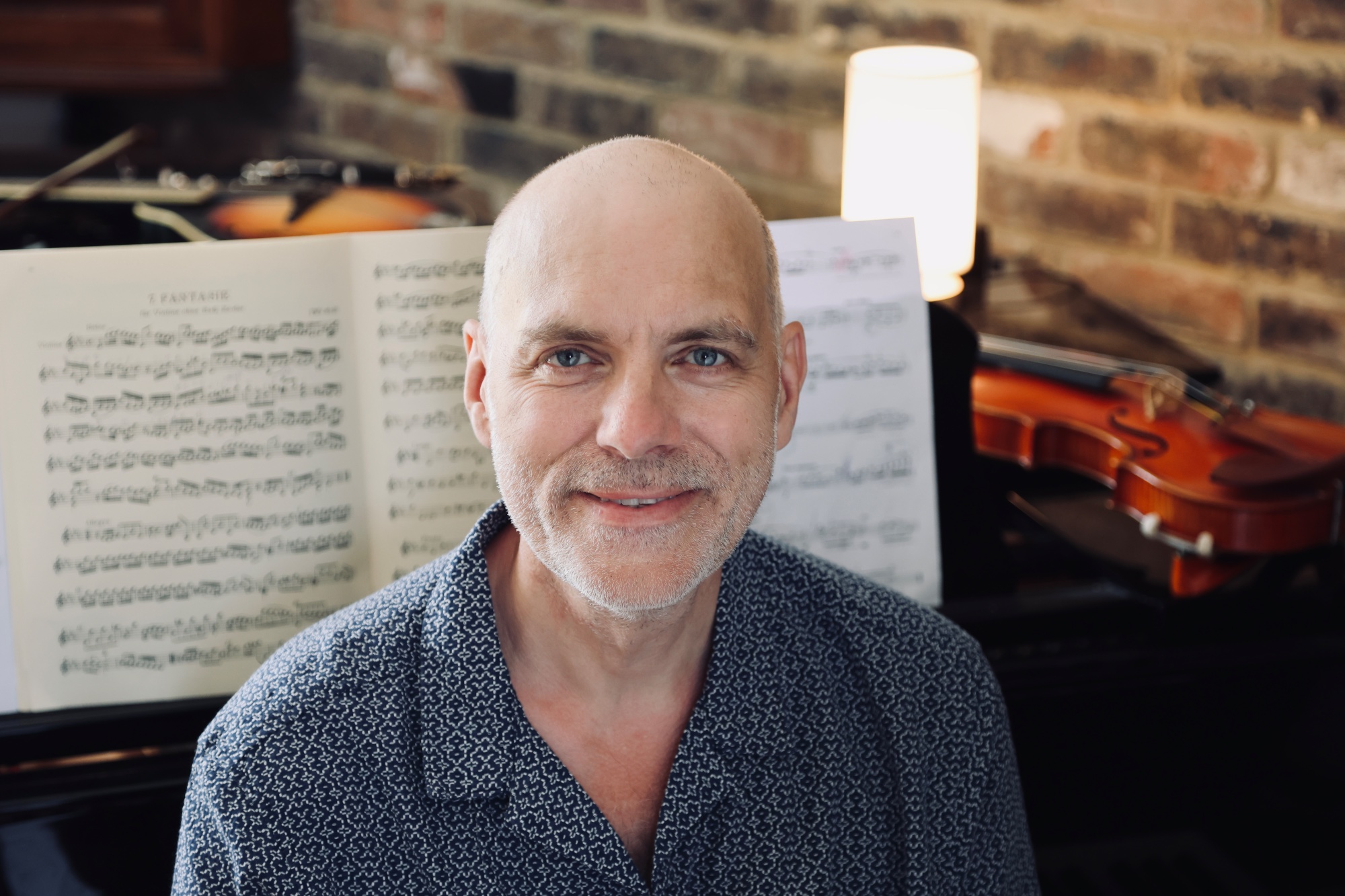New era for dance science as University of Chichester launch unique postgraduate courses
- New MSc Dance Science and MA Dance, Somatics and Dance Science degrees provide unique postgraduate study options, expanding graduate career opportunities
- MSc Dance Science programme offers focused routes in Biomechanics, Nutrition, Physiology, Psychology or Strength and Conditioning
- Joins University’s flourishing dance science provision at a leading institution in the UK for dance science education, since first degrees were launched in 2018
NEW master’s degrees have been launched by the University of Chichester for dancers seeking to develop specialist, discipline-specific routes in dance science.
The two postgraduate programmes, the MSc Dance Science and MA Dance, Somatics and Dance Science, build on the success of the University of Chichester’s pioneering BSc (Hons) and integrated MSci in Dance Science, which have become popular degrees since launching in 2018.
Programme leader Edel Quin, a renowned dance science educator and former professional dancer, said: “This is an exciting and timely development leading the way in dance science postgraduate provision.
“Our MSc Dance Science provides a level of specialism in dance science study that has not been previously available, and will particularly benefit applicants that already have a generalist dance science underpinning but who want to specialise in the subject areas of biomechanics, strength and conditioning, psychology, nutrition or physiology.”
The one-year MSc Dance Science degree can be taken full-time or negotiated as a part-time course. Discipline-specific routeways are Biomechanics, Nutrition, Physiology, Psychology, or Strength and Conditioning.
The MSc Dance Science degree combines three discipline-specific modules, with two relevant modules from dance, and a research methods module. It culminates in the completion of either a research dissertation or an applied dance science supervised research portfolio.
The programme is ahead of the curve in responding to the increased provision of dance science education at an undergraduate level, said Prof Mike Lauder, Director of the University’s Institute of Sport. He added: “We are delighted to join forces with our Dance Department in launching these unique postgraduate routes in Dance Science.
“There has been a marked growth in dance science research and application in recent years, increasing the need for appropriately qualified and accredited individuals. We are excited to see how our dance science graduates will contribute to continuing developments in this field across education, research and professional practices.”
The second new programme, the MA Dance, Somatics and Dance Science, is an immersive, 12-month and full-time programme designed for students wanting to develop their engagement with somatics and sciences as applied to dance.
The innovative programme traverses the confluences and divergences of these disciplines, through both practical and theoretical enquiry while interrogating first and third person perspectives within dance practice and applied research.
This approach necessitates a certain maturity, a willingness to delve into complex phenomena, and an acceptance of periods of uncertainty and ‘not-knowing/unknowing’, guided by specialist tutors across dance, somatics and dance science.
University Head of Dance Cathy Childs said: “It is a natural progression for our department to combine its expertise in dance, somatics and dance science via this specialist programme, offering a depth of practice which can enhance your capacity to excel as a freelance dance artist, pedagogue, researcher or reflective practitioner, within professional, community or education settings.
“Along with broadening your potential to work in the field, this MA also serves as a foundation preparation for those hoping to pursue practical and/or theoretical research at M.Phil or PhD level.”
The MSc Dance Science and MA Dance, Somatics and Dance Science programmes have been supported in their validation process by leaders in the respective subject areas: Professor Matthew Wyon, former president of the International Association for Dance Medicine & Science (2015-2017), and Dr Glenna Batson, prolific author, researcher, educator and practitioner in dance and somatics.
For more about the MSc Dance Science or the MA Dance, Somatics and Dance Science degrees, including how to enrol, go to www.chi.ac.uk/dance.





